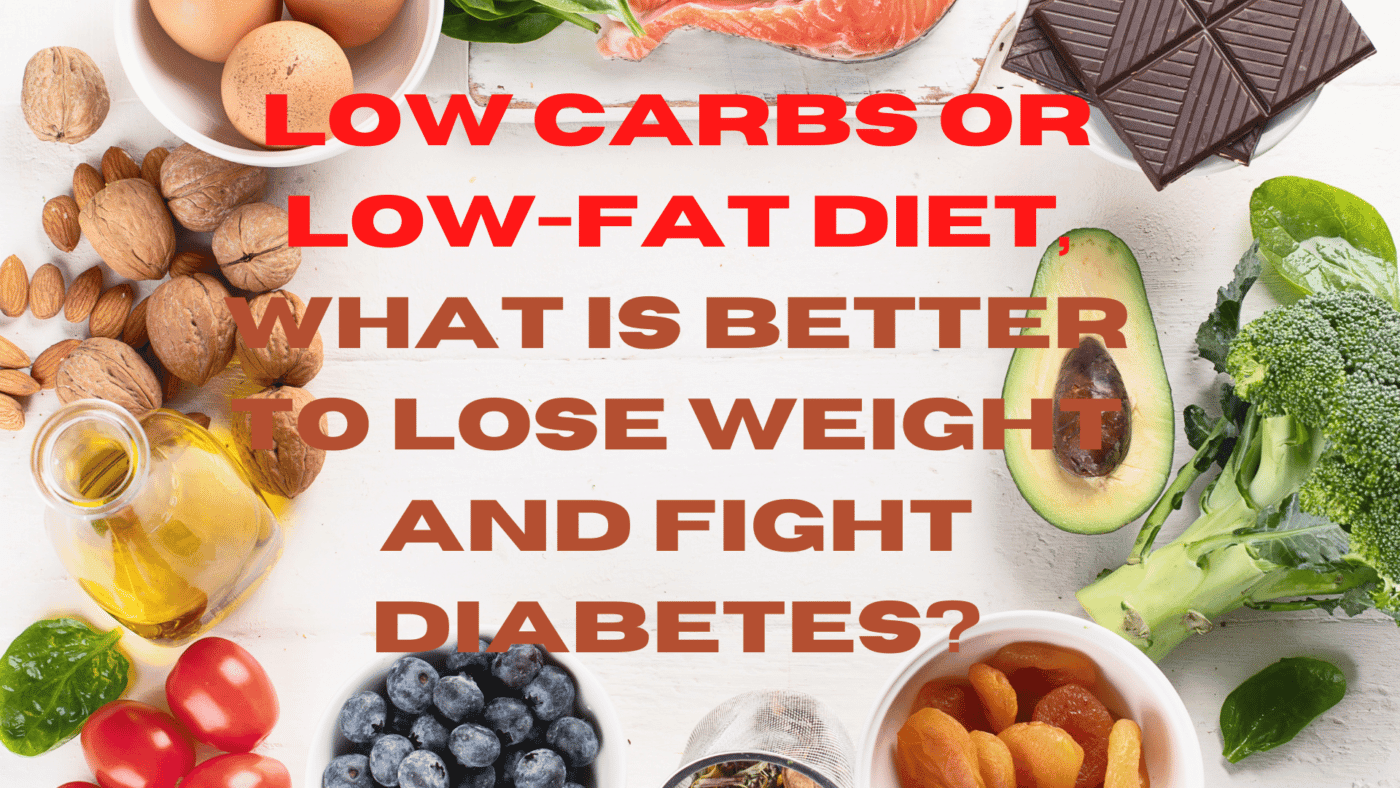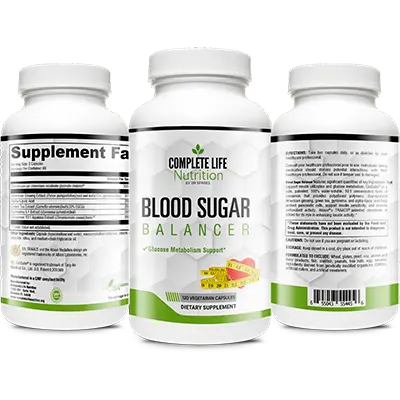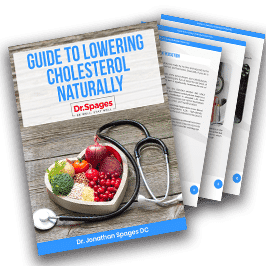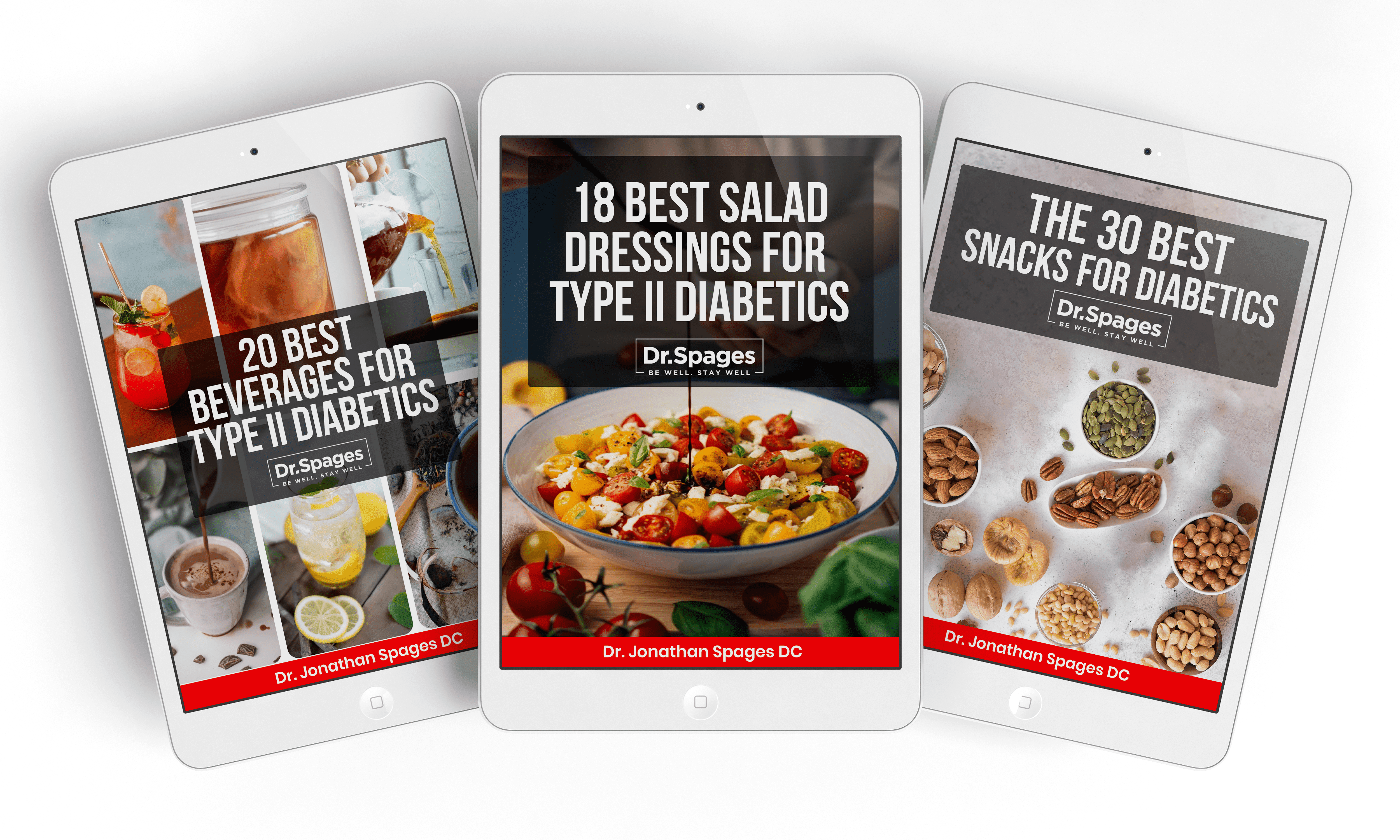
Carbohydrates are a type of macronutrient found in many foods and beverages. Most of them come from foods of vegetable origin, such as cereals. Food producers also add carbohydrates to products processed in the form of starch or sugar.
Common diet for carbs includes:
- Fruits
- Vegetables
- Milk
- Nuts
- Cereals
- Seeds
- Vegetables
Types of carbohydrates
There are three main types of carbohydrates:
Sugar. The sugars occur naturally in these nutrients – rich foods:
- Fruits
- Milk and milk products
Some foods contain added sugars chemically and artificially. Among these are packaged and refined foods that usually contain a large amount of added sugars. These foods are:
- The Candies
- The cookies
- Cakes and bakery products
- Regular carbonated drinks (non-diet)
- Soft drinks (soft drinks)
- Thick syrups, like those that are added to canned fruit
- Prefabricated juices (cardboard or bottles)
Try these healthy recipes instead if your having weight issues or diabetes.
These refined foods with added sugars provide calories, but do not have vitamins, minerals or fiber.
They only provide “empty calories” and can lead to weight gain.
Starch.
All these starchy foods which contain Starch lack vitamin B and other important nutrients. In turn, foods prepared with refined flour or “white” have less fiber and protein than products prepared with whole grains and do not help you feel satisfied
Fiber. Foods with high fiber content include:
- Whole grains: Whole wheat and brown rice, breads, cereals and crackers prepared from whole grains.
- Beans and legumes: Black beans, beans and chickpeas.
- Vegetables: The broccoli, Brussels sprouts, corn and potatoes with skin.
- Fruits: Raspberries, pears, apples and figs.
- Nuts: Nuts and seeds
Weight loss and Carbohydrates Diet
When it comes to losing weight, there are two powerful teams facing each other, that of carbohydrates versus that of fats. Let’s see who wins this game.
We have been arguing for years about the best diet to lose weight. In a decade we have gone from strict diets without fats to strict diets without carbohydrates.
It’s easy to get lost between the miracle diets, the summer fad diets and the nutritional studies that contradict each other when it comes to indicating what is best to lose weight. If you also do sports, the problem is complicated, because not only talk about losing weight, we talk about losing fat without losing muscle and getting energy to train.
What is better then? Eliminate fats? Eliminate carbohydrates? Nothing easy to decide.
When they ask me what is the ideal diet I always say that it depends on each one, every time I have more clear that the genetics of each person is key when it comes to finding your personal feeding plan.
There is no ideal diet for everyone, you have to know and understand to find a diet that will lose the pounds and fat that you have left, with which you can maintain your weight without sacrifices and with which you feel happy, wanting of training, without sudden mood swings and without the feeling of anxiety in front of food.
What foods contain carbohydrates?
Among foods that contain carbohydrates are included
- Juices, soft drinks, fruit drinks, sports drinks and energy drinks containing sugars
- Vegetables, especially vegetables “rich in starch” such as potatoes, corn and peas
Potatoes, peas and corn are called starchy vegetables because they have high starch content.
These vegetables have more carbohydrates per serving than vegetables that are not rich in starch.
Some examples of vegetables that are not rich in starch are asparagus, broccoli, carrots, celery, beans, lettuce and other green leaves, peppers, spinach, tomatoes and courgettes.
Foods that do not contain carbohydrates include red meat, fish, and poultry; the majority of the cheeses; nuts, and oils and other fats.
What happens when I eat foods that contain carbohydrates?
When you eat foods that contain carbohydrates, the digestive system breaks down sugars and starches and converts them into glucose. Glucose is one of the simplest forms of sugar.
Then glucose enters the bloodstream from the digestive tract and raises blood glucose levels.
The hormone insulin, which comes from the pancreas or from insulin injections, helps cells throughout the body absorb glucose and use it for energy.
Once the glucose leaves the blood and enters the cells, blood glucose levels fall back down.
Benefits of low carb diets
The benefits of a low carbs diet usually include:
- Improved weight loss;
- Less chance of high levels of sugar being produced;
- Lower risk of severe hypoglycemia;
- More energy during the day;
- Less cravings for sugary foods and snacks ;
- Clearer thinking;
- Lower risk of developing long-term health complications;
What is considered a low carb diet?
A low carbs diet is a flexible way of eating that allows you, as an individual, to choose the level of carbohydrates with which your diabetes and lifestyle work well.
- Moderate carbohydrate intake: 130 to 225 g of carbohydrates.
- Low carbohydrate intake: under 130 g of carbohydrates.
- Very low carbohydrate intake: less than 30 g of carbohydrates
Generally speaking, the lower the carbohydrate intake, the more likely you are to lose weight and the lower your sugar levels are likely to be. Low carb diets are often successful in helping weight loss.
It is important to choose a level of carbohydrates that works well for you.
For example, people with type 1 diabetes who do not need to lose weight may want to aim for a low or moderate intake of carbohydrates.
A person with type 2 diabetes, or a person who has to lose weight, may wish to aim for a very low carbohydrate intake.
Typical menu of a low carb diet
Some low Carb diets limit the carbohydrates throughout the first phase of the diet and then slowly raise the number of carbohydrates permissible.
Therefore, if you consume 2,000 calories a day, you would need to eat between 900 and 1,300 calories a day from carbohydrates, or between 225 and 325 grams of carbohydrates a day.
Results of low carb diet
- Weightless
Most people can lose weight with almost any diet that restricts calories and what is eaten, at least in the short term. In the long term, however, there are studies that show that it is common to recover lost weight, whatever diet is followed.
Some studies have also shown that people who continue with certain plans of low-carbohydrate diets for two years lose an average of 4.1 kilos in total, a number similar to the amount of weight lost in diets high in carbohydrates.
Carbohydrates Cutting carbohydrates may not be what leads to weight loss. Some studies show that you can lose some weight because you eat less on low carbohydrate diets because the extra proteins and fat keep you satiated for longer.
- Other health benefits
Some diets low in carbohydrates, including the Atkins diet, ensures that their meal plans can prevent and improve serious diseases, such as metabolic syndrome, diabetes, hypertension and cardiovascular disease.
Maybe it’s not just how many carbohydrates you eat, but what kind of carbohydrates you eat are important for your health.
Low-calorie cereals, legumes, vegetables, fruits and dairy products, for example, are generally healthier than carbohydrates from processed and refined sweets and cereals, such as crisps, white bread or rice.
Risks of low carbohydrates Diet
If you eliminate carbohydrates suddenly and drastically you can experience a series of temporary health effects, including headache, dizziness, weakness, fatigue and constipation
In addition, some diets restrict both carbohydrates that can result in nutrient deficiencies or not having enough fiber. This can cause health problems such as constipation, diarrhea and nausea.
Eating carbohydrates that have a lot of fiber, cereals and dense nutrients can improve the healthy profile of some low-carbohydrate diet programs. Some of these diets, such as Atkins, now recommend taking small extra amounts of salt, accompanied by vitamins or supplements, to help prevent these side effects of the diet.
It is also possible that they restrict several carbohydrates to less than 20 grams a day, which can lead to ketosis. The ketosis appears when you do not have enough sugar (glucose) to generate energy.
The risks that low-carbohydrate diets could entail in the long term are not clear, since many studies are less than a year old.
Some health experts believe that if you do not take a large amount of fat and protein from animal sources the risk of heart disease and certain cancers may increase. Dr Spages finds that a paleo diet is best for most cases for type II diabetes.
High Protein and Low Carbohydrate Diet – Prohibited Foods
As the name of the diet indicates, you should avoid eating large amounts of carbohydrates. This does not mean that you have to stop eating carbohydrates completely, but you have to reduce your intake.
Sugar
You should try to eat as little sugar as possible, since it is considered a simple carbohydrate. The sweets, juices or ice cream, among others, contain large amounts of sugar, as well as many other foods that we do not know and that we would be surprised to know how much sugar they contain.
Make sure the amount of sugar in the foods you put in your mouth and keep track of how much sugar you consume throughout the day. We do not want to use all our carbohydrate macros in simple carbohydrates.
Therefore, we must focus on the consumption of complex carbohydrates, such as whole grains just make sure they are gluten-free.
Cereals with gluten
You should avoid cereals considered unhealthy, such as white mold bread, non-whole meal pasta, etc., since all these foods swell you and use large amounts of your carbohydrates.
Transgenic fats
Avoid them at all costs. Although some natural fats are healthy, transgenic fats are a great enemy when it comes to losing weight. It is possible that in the nutritional information they appear as hydrogenated fats.
Processed foods
Tarts, bread, sweets, etc. Also, you should try to limit the intake of processed foods . It is obvious what they are: those non-natural foods that contain mass-produced ingredients.
You should avoid these foods to the fullest. There is nothing wrong with taking some once in a while, maybe as cheat meal, but do not forget that the less food of this type consumes, you will have fewer cravings and each time your body will ask for less.
Tips for cooking with carbohydrates and get more out of them
- Always try to take complex carbohydrates, as they are absorbed more slowly there is less risk of the body accumulating them as fats. Legumes belong to this group, but we should not cook them with fat. If you want to lose weight you should say goodbye to the stew for a while.
- The pasta should not boil much, the ideal is to leave it “al dente” (note: Have you noticed that the Italians, who have a diet based mostly on the consumption of pasta, are not fatter than the Nordic?).
If we cook it “al dente” it is digested more slowly. Here you can see an excellent recipe of macaroni.
- Vegetables should not be cooked for a long time so that they do not lose their minerals and vitamins and the water in which they have been cooked should be used, since that is where the minerals and vitamins that they have released come from.
A good idea, if you make a pasta dish with vegetables, is to reuse the cooking water from the vegetables to boil the pasta.
- Whenever you can, you should choose the integral version of pasta, rice, cereals, etc.
The reason is the same: they digest more slowly, they satisfy more and, the best, they contribute fiber to the organism doing in addition that it diminishes the risk of suffering cardiovascular diseases. They help a lot more to lose weight.
Conclusion
A diet high in protein and low in carbohydrates is an ideal way to burn fat and loses weight in the short term. Include in your diet the recommended foods and avoid those that appear on the “black list” and accompany the first regular exercise, this way you will see how you lose weight in a matter of days.
Personally, I recommend that you set a calorie goal and that you take control of your macros.












low fat is better to lose weight than low carb
need to lose weight but not sure about low carb
low carbs never helps me lose weight. ever since my surgery it hase been tough and not sure what to do . i tried keto and many other diets
thanks for the advice on losing weight
I would love to just loose weight. my last 30 lbs have been really hard
thanks
what are good low carbs for diabetes and for losing weight
help my diabetes doctor spages. can you help me reverse my diabetes with a good diet
one of my favorite articles for diabetics
I will keep coming back to this blog to learn more about reversing type 2 diabetes.
Great!
ok thanks for info dr jonathan spages
i love low carb foods and especially for type II diabetes
Love high carb diets lol
Love low carb diets but I can’t see to get improvements
You might need a different diet. Look at Dr Spages ebooks. That might help.
I love low carb foods. I drink shakes from complete life nutriton.
Yes they have great supplements for diabetics.
Low carb doesnt work for me. I hate that diet.
We understand.
Dr. Spages i couldn’t agree with you more!!! High carb high fat was exactly the way i was eating before i found your channel. I thank God every day for my healing and the information you share. So many people are now hearing the truth and finding health and freedom as well. Thank you.
Nice to hear that Wylde! Hope you’ll visit my other’s blog too and learn more
When it comes to losing weight, two powerful teams are facing each other, that carbohydrates versus fats. Let’s see who wins this game.
Thanks for sharing your info about diabetes!
Welcome!
I’m so thankful for this blog so that im aware of what to eat especially to my kids and while maintaining a proper diet.
My pleasure is mine, Ellena! 🙂
Type 2 diabetes is ruining my life!! This blog helps though
Low carb is a better option for me being a diabetic
Pingback: Leonie
Welcome! hope it works
Thanks for the very helpful information Dr. Jonathan Spages, this help me so much I awe you my life.
No problem Sheila I am glad to help you.:)
Dr. Spages is always best if you have a plan to lose weight and fight type 2 diabetes.
Yeah